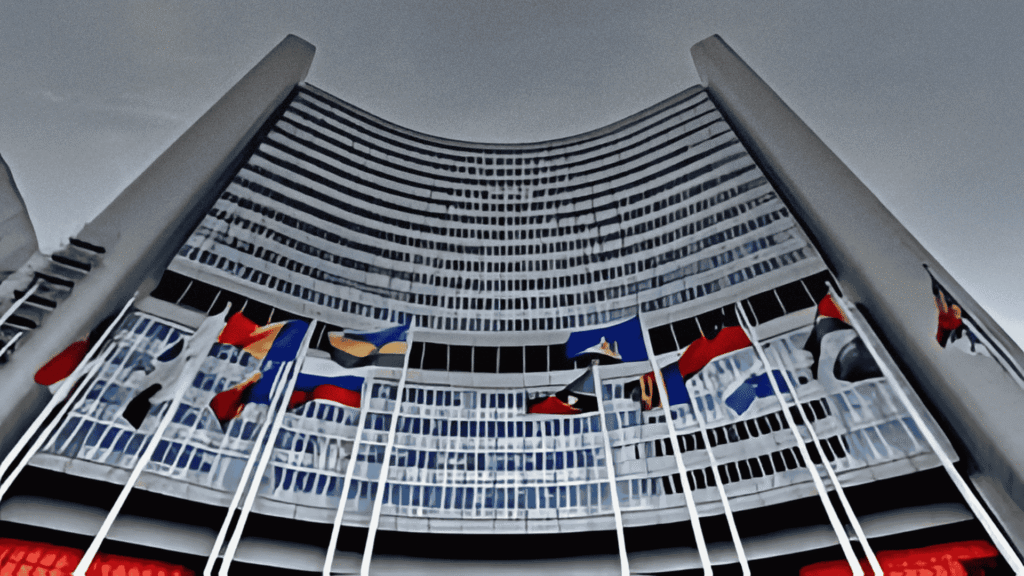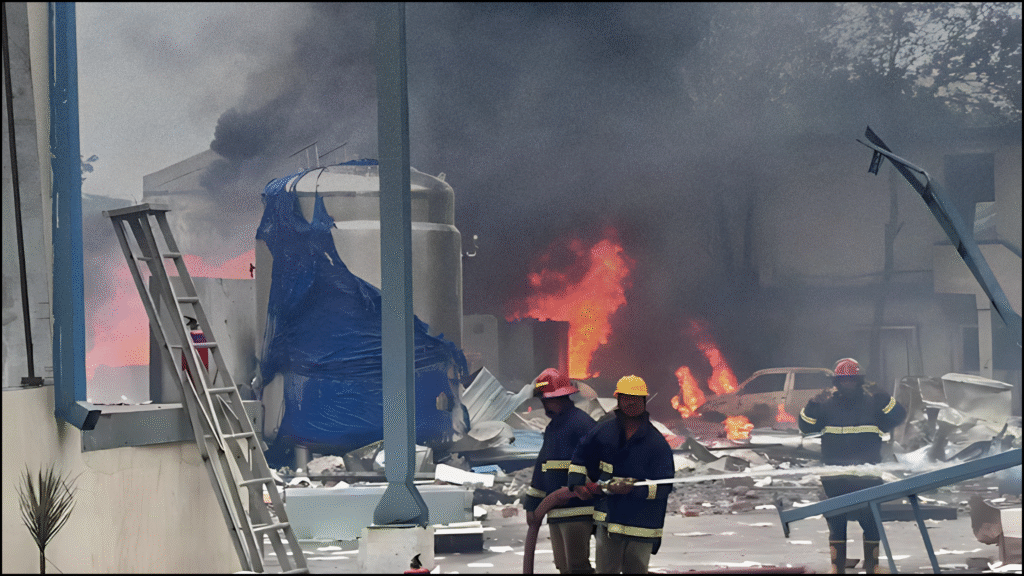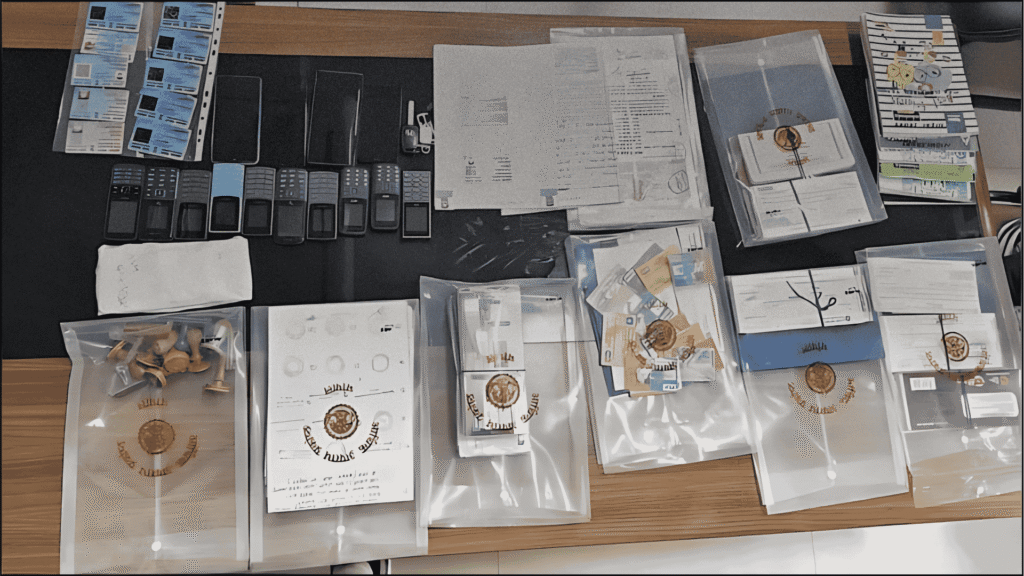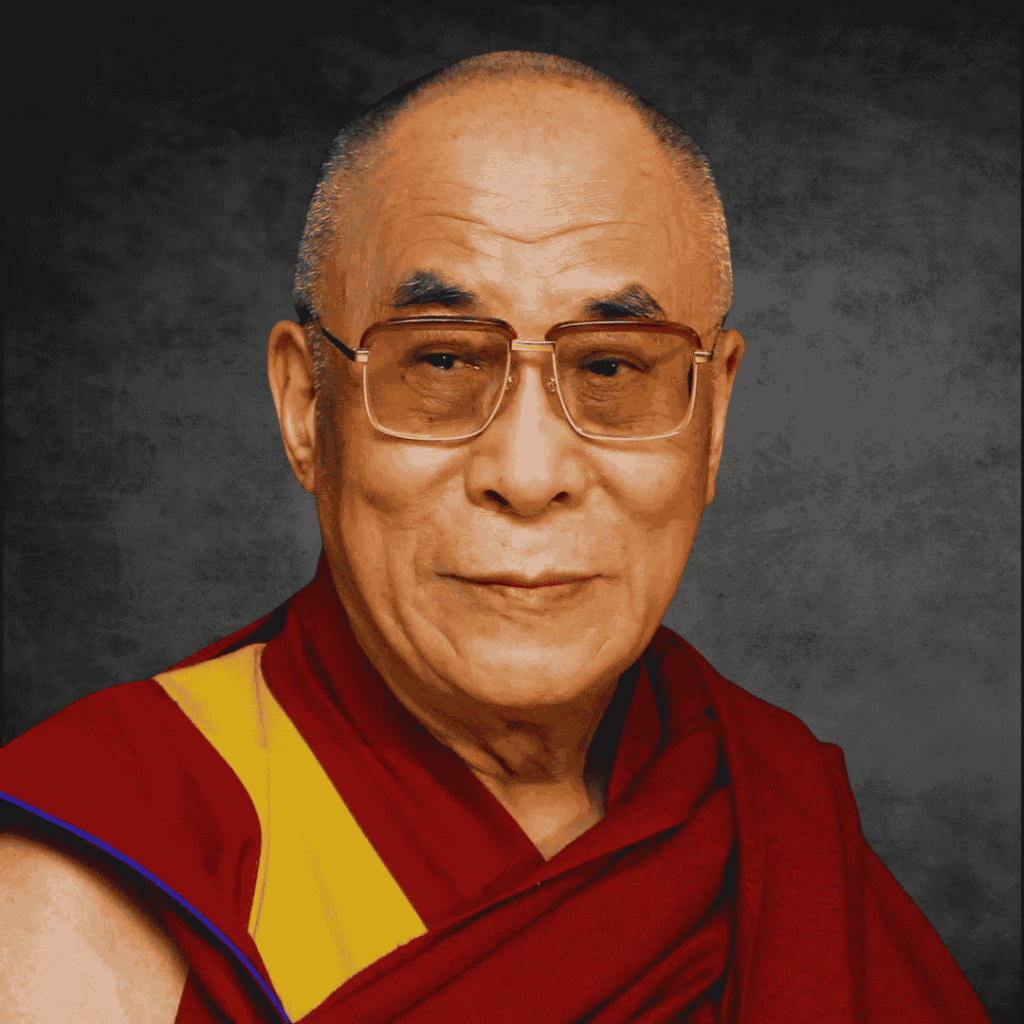
Recent global developments have spotlighted two significant geopolitical issues: Iran’s suspension of cooperation with the International Atomic Energy Agency (IAEA) amid espionage allegations against its chief, Rafael Grossi, and the Dalai Lama’s confirmation of his succession plans, which China insists must comply with its laws. These events, though distinct, highlight the complexities of international diplomacy, sovereignty, and global security. This blog delves into the details, implications, and broader context of these unfolding stories.
Iran’s Suspension of IAEA Cooperation
Background
On July 2, 2025, Iranian President Masoud Pezeshkian enacted a law suspending cooperation with the IAEA, a decision ratified by Iran’s parliament and Guardian Council. This move followed Israeli and U.S. airstrikes on Iranian nuclear facilities, including Natanz, Fordow, and Esfahan, starting June 13, 2025, which Iran claims were facilitated by an IAEA resolution accusing Tehran of non-compliance with nuclear obligations.
The suspension means IAEA inspectors cannot access Iran’s nuclear sites without approval from the Supreme National Security Council, severely limiting oversight of Iran’s uranium enrichment program, which includes 60% enriched uranium—close to weapons-grade levels. Iran’s decision was partly driven by accusations that IAEA Director General Rafael Grossi acted with bias, with some Iranian officials alleging he cooperated with Israel, citing leaked documents as evidence.
Espionage Allegations Against Grossi
Iran’s frustration peaked with claims that Grossi provided sensitive information to Israel, with state media like Kayhan accusing him of espionage and even suggesting his arrest or execution. These allegations stem from a June 12, 2025, IAEA resolution that criticized Iran’s nuclear transparency, which Tehran believes provided a pretext for the attacks. Iran’s Foreign Minister Abbas Araghchi labeled Grossi’s actions “malign” and barred him from visiting damaged nuclear sites, further escalating tensions.
The IAEA, however, maintains its impartiality, with Grossi emphasizing that no evidence exists of Iran actively pursuing nuclear weapons. Critics argue the IAEA’s credibility is compromised by perceived Western influence, especially as it has not condemned the U.S. and Israeli strikes, which Iran claims violate the Nuclear Non-Proliferation Treaty (NPT).
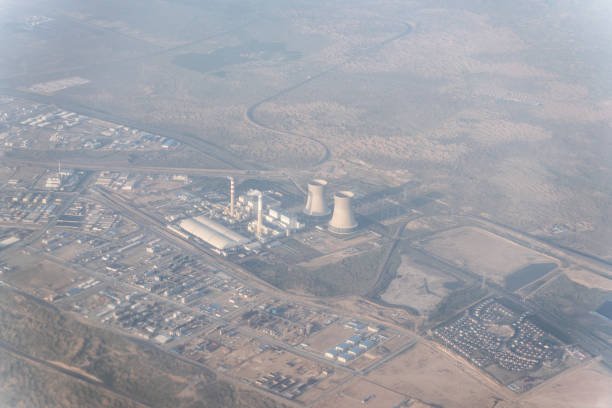
Global Implications
Iran’s suspension raises concerns about nuclear proliferation, as the IAEA can no longer monitor uranium stockpiles effectively. Grossi warned that Iran could resume enrichment within months, contradicting U.S. claims that the strikes “obliterated” Iran’s nuclear capabilities. Israel has pushed for reinstating UN sanctions via the 2015 nuclear deal’s “snapback” mechanism, while European nations like Germany have called Iran’s move a “disastrous signal.” This could destabilize the Middle East further, especially if Iran exits the NPT altogether.
For more on Iran’s nuclear program, visit Al Jazeera’s coverage.
Dalai Lama’s Succession Plans and China’s Stance
Background
Simultaneously, the Dalai Lama, Tibet’s spiritual leader, confirmed his succession plans, a significant announcement given his advanced age and global influence. The 14th Dalai Lama, Tenzin Gyatso, has long advocated for Tibetan autonomy, a stance that conflicts with China’s claim over Tibet. China insists that any succession must comply with its laws, requiring state approval for the next Dalai Lama’s selection, traditionally guided by Tibetan Buddhist rituals.

China’s Legal Demands
China’s position reflects its broader strategy to control religious and cultural narratives in Tibet. The Chinese government has previously appointed its own Panchen Lama, a key figure in identifying the Dalai Lama’s reincarnation, undermining Tibetan traditions. The Dalai Lama has suggested his successor might be chosen differently, possibly outside Tibet or through a non-traditional process, to preserve autonomy. This has heightened tensions, as China views such moves as challenges to its sovereignty.
Global Implications
The Dalai Lama’s succession is not just a religious issue but a geopolitical flashpoint. A contested succession could spark protests in Tibet and among the global Tibetan diaspora, straining China’s relations with countries like India, where the Dalai Lama resides, and the U.S., which supports Tibetan human rights. China’s insistence on legal compliance underscores its efforts to consolidate control over contested regions, similar to its policies in Hong Kong and Xinjiang.
Learn more about Tibet’s cultural struggles at The Guardian.
Connecting the Dots: Sovereignty and International Oversight
Both Iran’s IAEA suspension and the Dalai Lama’s succession plans highlight tensions over national sovereignty versus international or external oversight. Iran’s rejection of IAEA inspections stems from its perception of Western bias and violations of its sovereignty through military strikes. Similarly, China’s demand for control over the Dalai Lama’s succession reflects its resistance to external influence in what it considers internal affairs. These cases underscore the challenges of balancing national autonomy with global cooperation in a polarized world.
Conclusion
The Iran-IAEA rift and the Dalai Lama’s succession plans are pivotal moments with far-reaching consequences. Iran’s suspension of IAEA cooperation risks escalating nuclear tensions, potentially destabilizing the Middle East, while the Dalai Lama’s succession could reignite debates over Tibetan autonomy and China’s global influence. Both situations call for diplomatic solutions to prevent further conflict, emphasizing the need for impartial international institutions and respect for sovereignty.
Stay informed on these developments through trusted sources
What are your thoughts on these global developments? Share your insights in the comments below, and join our Telegram channel for more in-depth analyses of international affairs.

